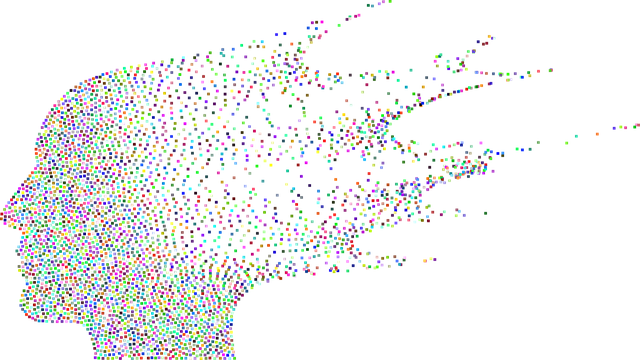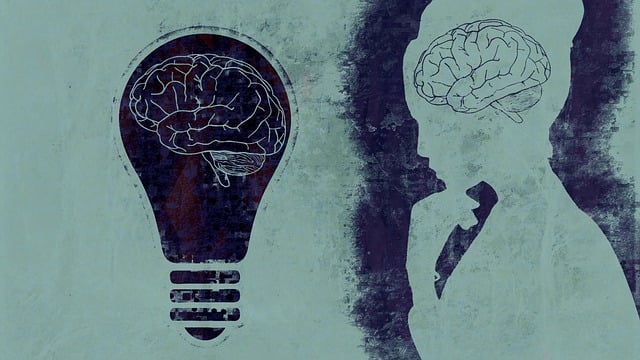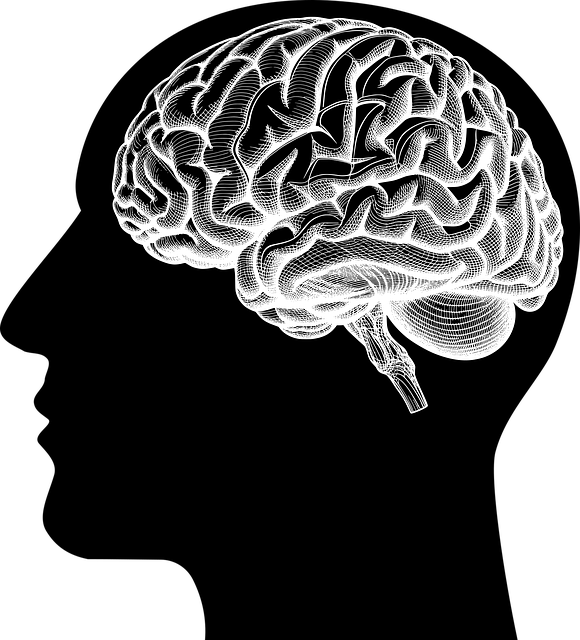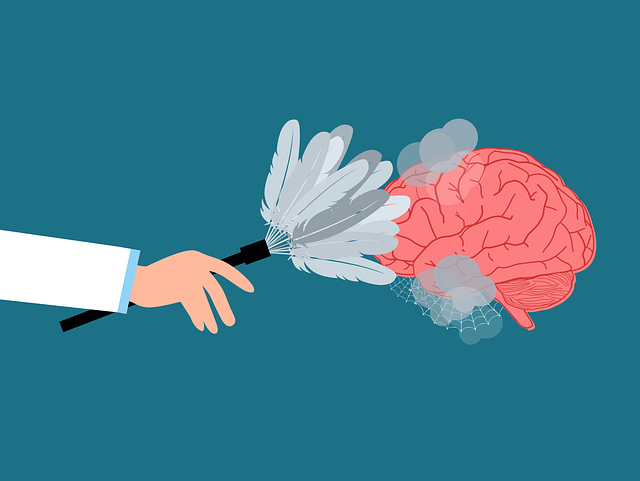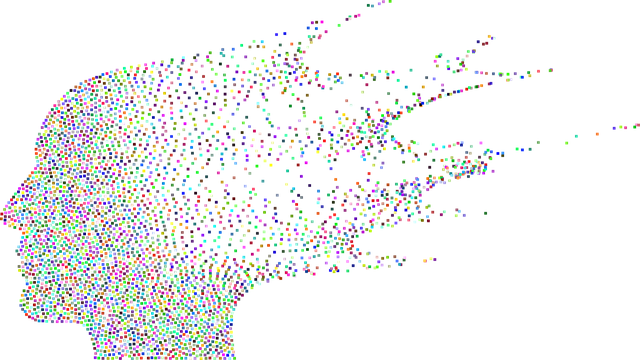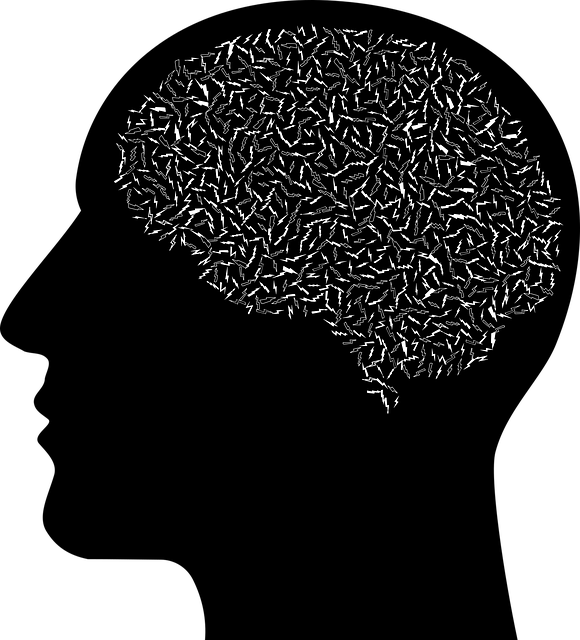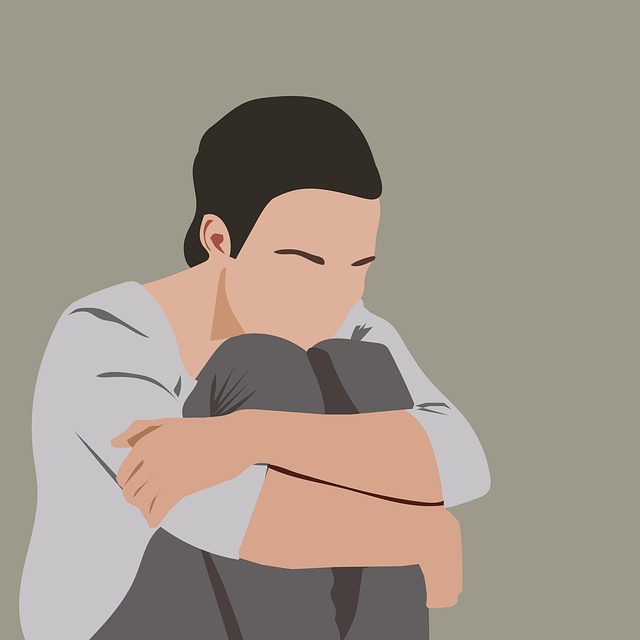Mental wellness journaling, guided by techniques from Greenwood Village Exposure and Response Prevention Therapy (GVERPT), is a powerful tool for self-reflection and understanding mental health. By documenting thoughts and experiences, individuals can improve self-esteem, cultivate mindfulness, and challenge negative thoughts, leading to positive mindset shifts and overall well-being. GVERPT's structured exposure approach helps manage anxiety through gradual confrontation of fears and learning healthier responses, empowering individuals to make informed choices for long-term mental wellness. Regular journaling routines track progress, aid in identifying patterns, and celebrate successes, fostering a deeper understanding of one's mental health landscape.
Mental wellness journaling is a powerful tool for self-discovery and growth. In this guide, we explore how structured journaling can enhance your mental health. Learn about the benefits of Greenwood Village Exposure and Response Prevention Therapy (GVE-RTP) and its role in cultivating resilience. Discover tips for establishing a consistent journaling routine and methods to track progress. By embracing this practice, you’ll gain insights, find clarity, and celebrate successes on your journey towards improved well-being.
- Understanding Mental Wellness Journaling
- The Role of Greenwood Village Exposure and Response Prevention Therapy
- Creating a Structured Journaling Routine
- Tracking Progress and Celebrating Successes
Understanding Mental Wellness Journaling

Mental wellness journaling is a powerful tool that allows individuals to explore and understand their thoughts, emotions, and behaviors in a safe and non-judgmental space. It involves writing about personal experiences, feelings, and insights on a regular basis, often guided by therapeutic techniques such as Greenwood Village Exposure and Response Prevention (ERP) Therapy. This practice encourages self-reflection and self-awareness, enabling individuals to identify patterns and triggers that contribute to their mental health challenges.
By engaging in this journaling exercise, one can enhance self-esteem improvement, cultivate compassion for oneself and others, and develop mindfulness meditation skills. It provides an opportunity to challenge negative thoughts, reframe perspectives, and replace them with more adaptive and positive ones. Through regular practice, individuals can gain valuable insights into their mental wellness journey, fostering a deeper understanding of themselves and promoting overall well-being.
The Role of Greenwood Village Exposure and Response Prevention Therapy

Greenwood Village Exposure and Response Prevention Therapy (E/RPT) is a highly effective approach that focuses on helping individuals confront and manage their fears and anxieties. This therapy plays a pivotal role in fostering mental wellness by encouraging clients to gradually expose themselves to stressful or triggering situations, while simultaneously learning and practicing healthier responses. E/RPT is based on the understanding that avoiding stressors may provide temporary relief but ultimately reinforces fear and anxiety over time.
By organizing stress management workshops and promoting self-care routine development, Greenwood Village E/RPT empowers individuals to take control of their mental health. This therapy is particularly beneficial for those grappling with various forms of anxiety disorders, offering a structured path towards healing and improved quality of life. Through this process, clients gain valuable insights into their responses to stressful stimuli, enabling them to make informed choices that support their long-term mental wellness.
Creating a Structured Journaling Routine

Establishing a consistent journaling routine can significantly contribute to your mental wellness journey. Set aside dedicated time each day or week to write down your thoughts and experiences, much like how Greenwood Village Exposure and Response Prevention Therapy (GVERPT) encourages structured exposure. Consistency is key; whether it’s 15 minutes daily or an hour weekly, create a schedule that works best for you. Start with a clear goal in mind—be it improving mood management, preventing depression, or seeking anxiety relief.
Your journal can be as simple or intricate as you prefer. Some people find structured prompts helpful, such as reflecting on positive moments, challenging negative thoughts, or noting achievements. Others might opt for free-flowing writing, allowing their pens to dance across the pages. The act of putting pen to paper (or fingers to keyboard) and expressing yourself can help clarify emotions, reduce stress, and foster a deeper understanding of your mental health landscape.
Tracking Progress and Celebrating Successes

Tracking progress is a vital component of any mental wellness journey. Journaling provides a space to reflect on your feelings and experiences, allowing you to identify patterns and areas for growth. By regularly reviewing your entries, particularly those focused on challenging situations, individuals can visualize their development over time. This process empowers them to recognize the effectiveness of coping strategies employed, such as the exposure and response prevention therapy techniques popularized in Greenwood Village.
Celebrating successes, big or small, is an essential aspect of maintaining motivation and positive self-regard. Journaling offers a safe space to acknowledge these achievements, fostering a culture of gratitude. Recognizing progress can encourage individuals to continue implementing healthy habits and seeking support from Mental Wellness Coaching Programs or Stress Management Workshops Organization, ultimately contributing to improved mental health and overall well-being.
Mental wellness journaling can be a powerful tool for self-discovery and healing, as evidenced by techniques like Greenwood Village Exposure and Response Prevention Therapy. By establishing a structured routine, individuals can track their progress and celebrate successes in managing their mental health. This practice allows for the reflection and processing of emotions, thoughts, and experiences, ultimately fostering resilience and enhancing overall well-being.
